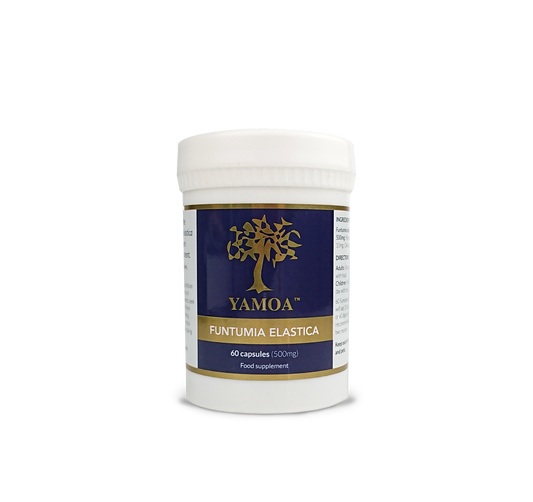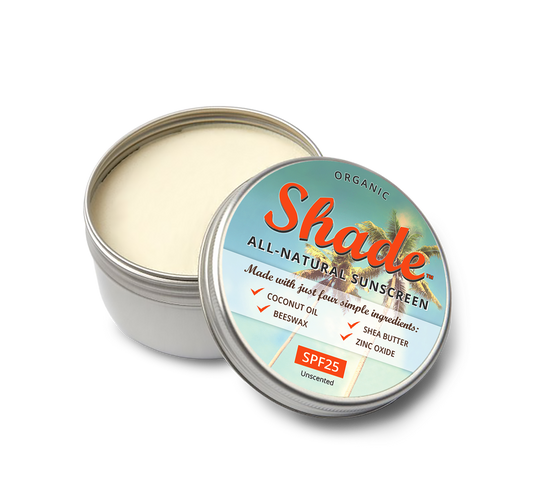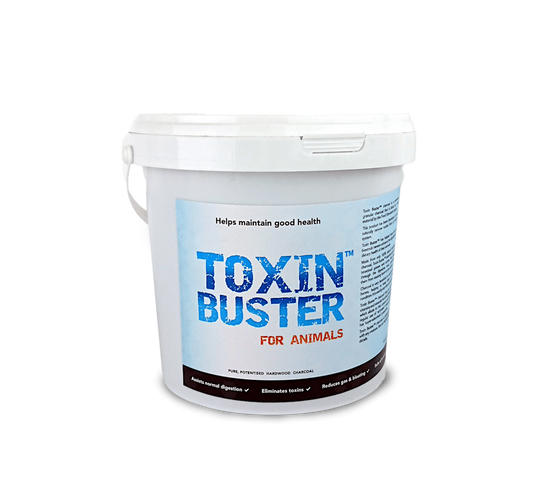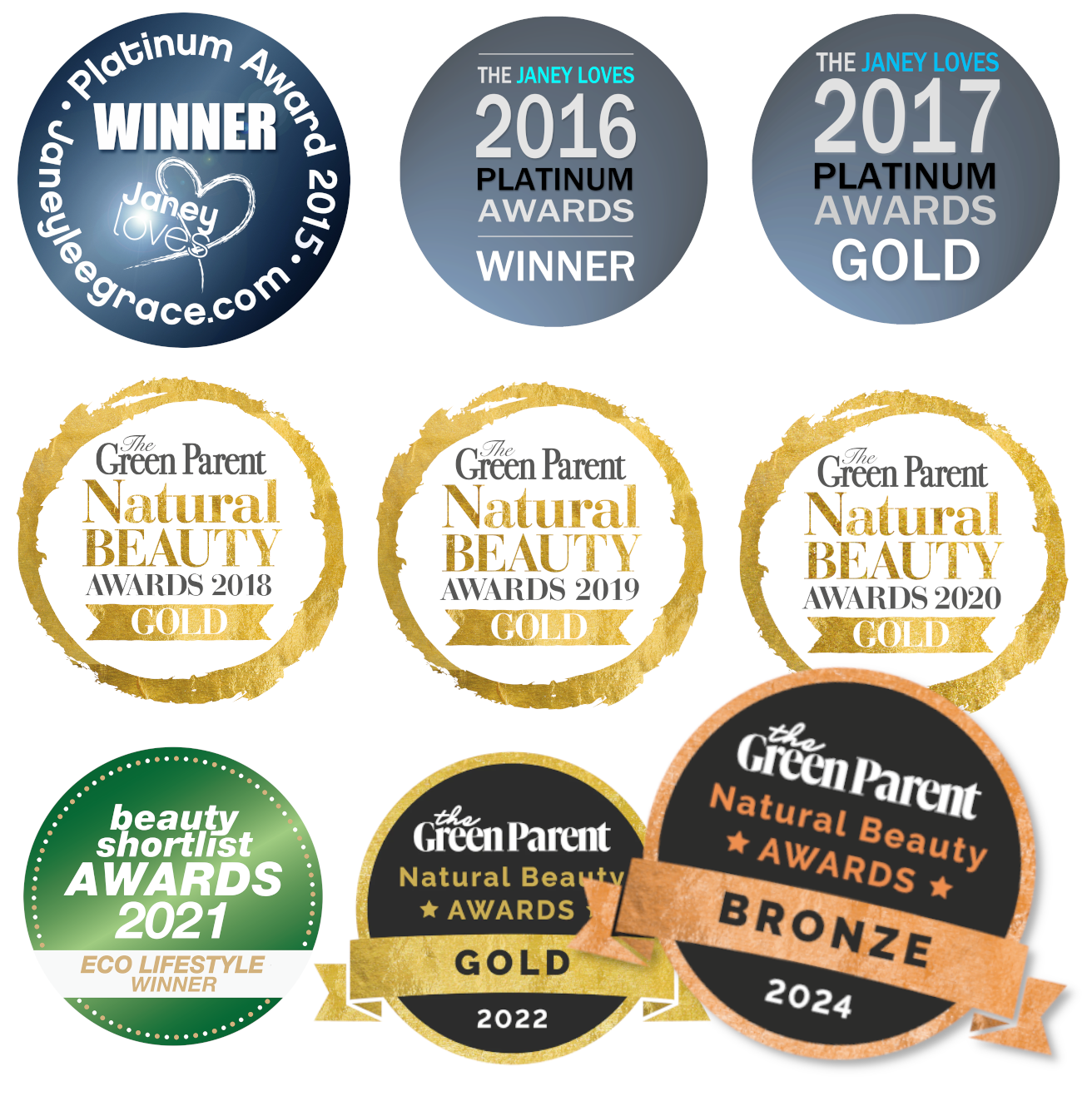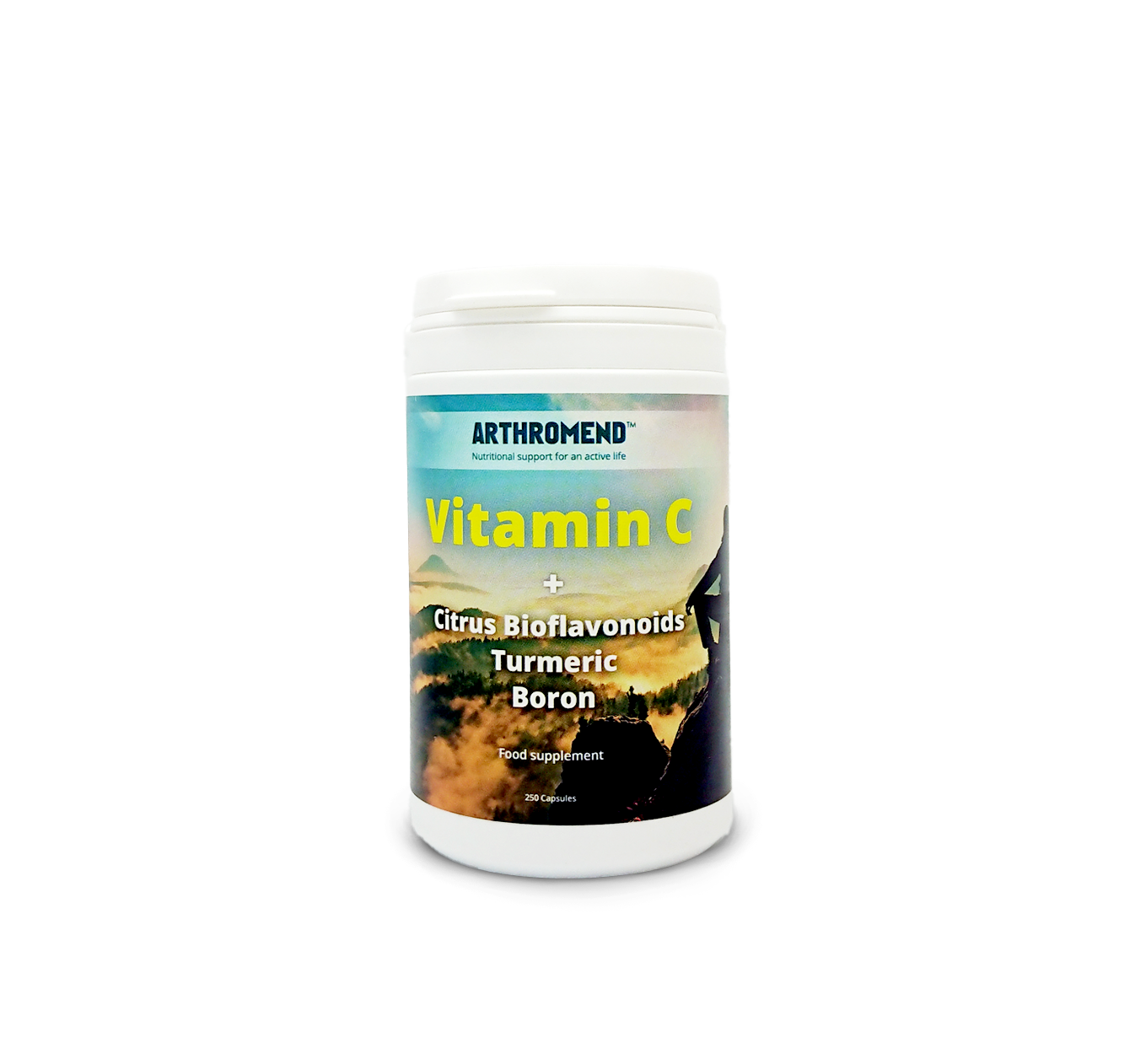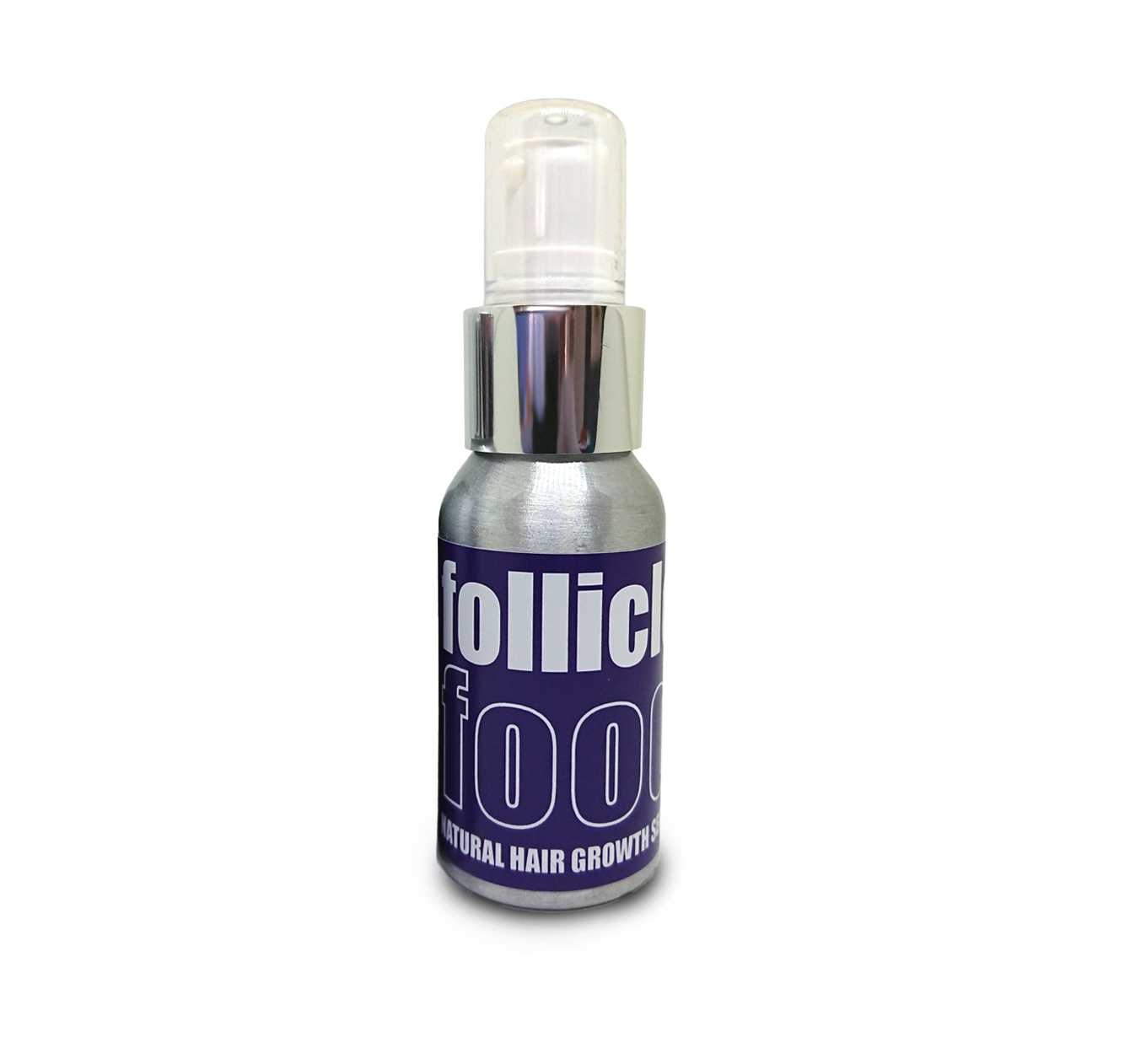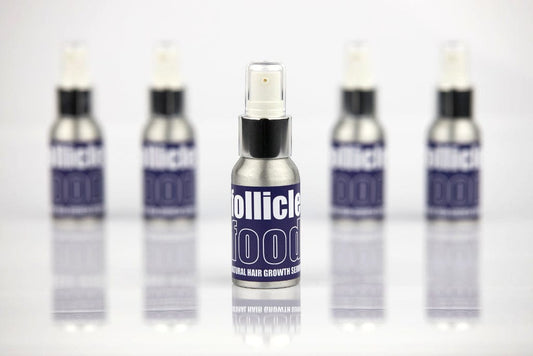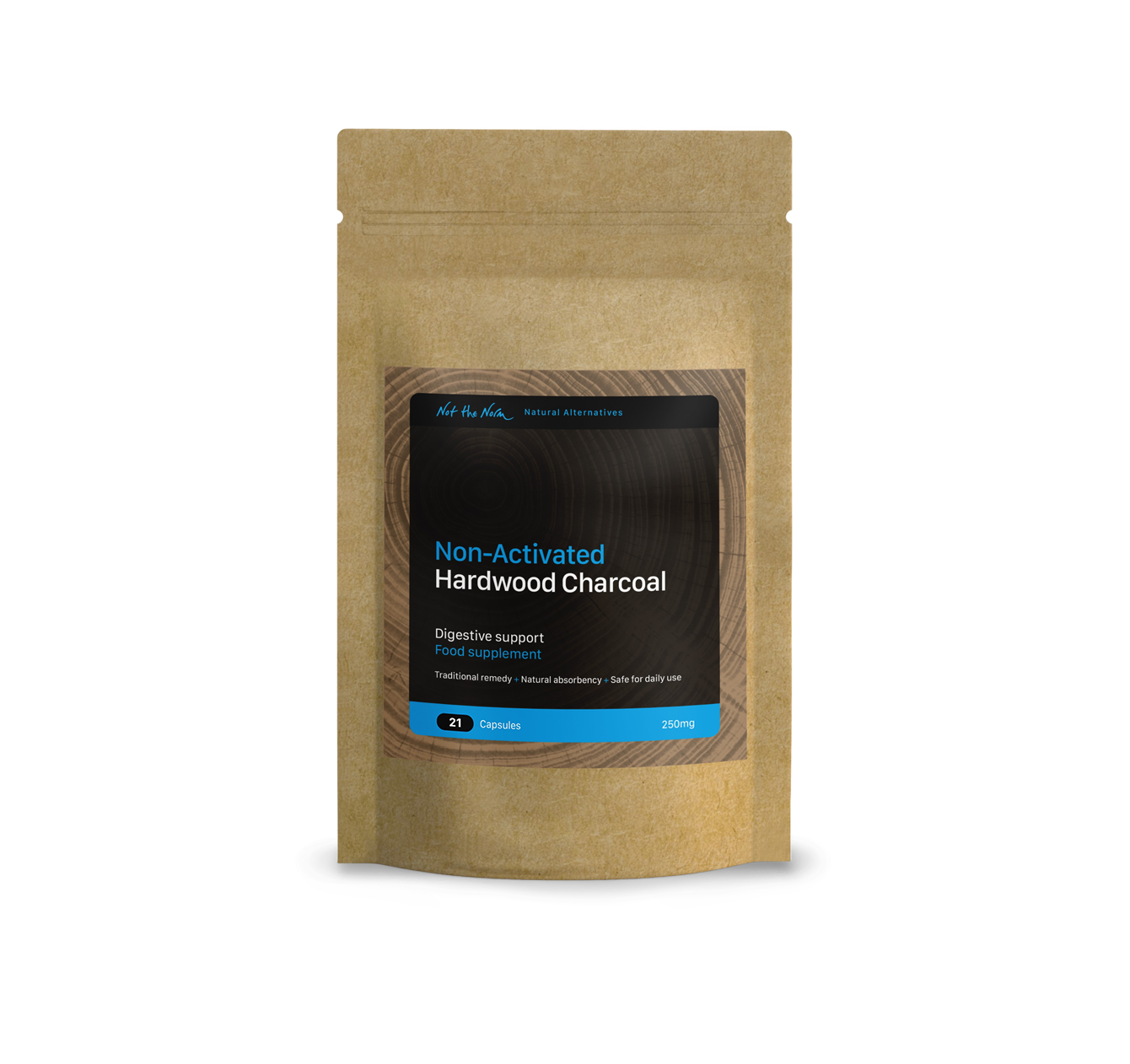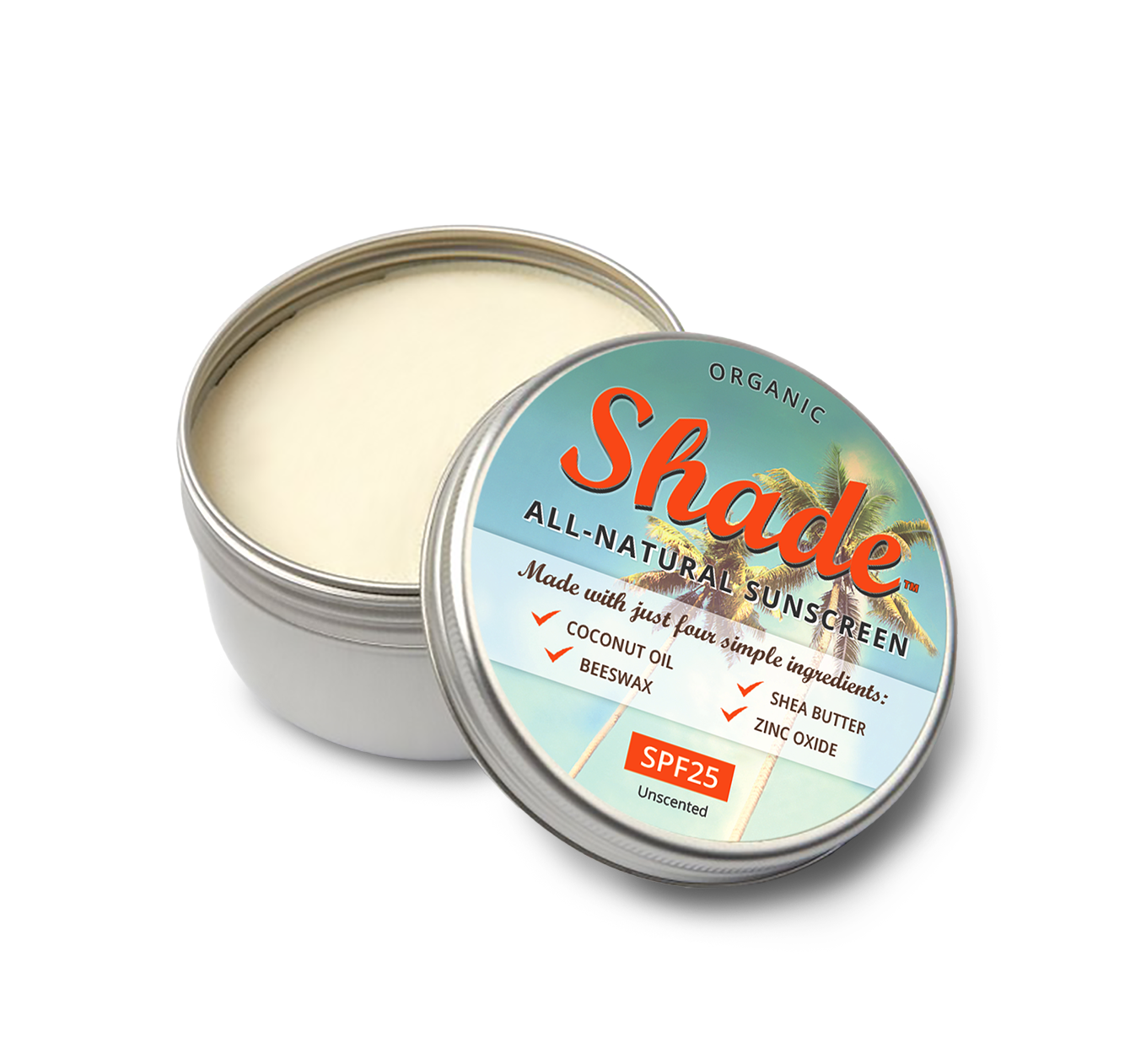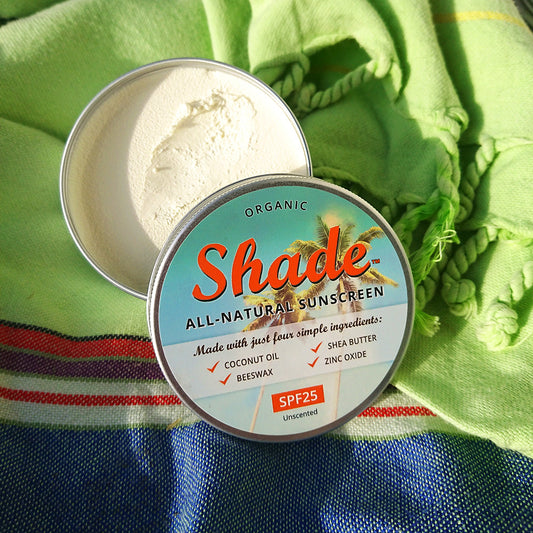Summer heat and your body
It's probably not news to you that spending time in the summer heat can have some risks. The dangers can increase if it is particularly humid outside. The body adapts to heat in a few different ways. One of these ways is sweating, and sweating only works when sweat evaporates off of the skin. In high humidity, it is more difficult for evaporation to take place.
Another way the body responds to heat is by increasing blood circulation, including blood vessels that are close to the surface of the skin. When blood circulates closer to the skin's surface, it is easier for heat to dissipate. Most of your body's response to heat takes place in the skin. If your body is having a very tough time dealing with the heat, and your blood starts to go above about 98.6 degrees, then this could become dangerous.
Vitamin C
Research has shown that Vitamin C (ascorbic acid) supplementation helps the body physiologically respond to heat stress. It reduces the likelihood of developing heat-related illnesses such as heat rash and heat exhaustion and it can also be used to treat heat rash that's already developed. In addition to this, Vitamin C supplementation reduces the length of time it takes the body to adjust to a new hotter environment, known as heat acclimatisation - it does this by helping revive the body's sweat glands and keeping them from tiring out due to the heat.
Working as an antioxidant, Vitamin C can help the body protect itself from cell damage by encouraging the production of collagen and the growth of new tissue as well as helping tissue repair itself. These antioxidant effects may help protect the skin from sun damage, including photo-aging.
Preliminary research also suggests that Vitamin C may be promising as a natural anti-histamine, as well as a powerful antioxidant. Vitamin C may help lessen the symptoms of seasonal allergic rhinitis, possibly most effectively when combined with a plant-derived flavonoid called quercetin, that may help prevent the body from producing histamine. You can find quercetin in red wine, tea and olive oil, as well as in berries and other dark coloured fruits and vegetables.
Heat and joint pain
While cold weather can increase aching, warm weather typically increases swelling and pain. This means that the increased pressure and humidity outdoors can increase the expansion of joints, tendons, muscles, and even scar tissue, leaving many of us with previous injuries in pain.
Chronic conditions can have flare-ups no matter the temperature outside, but the summer weather does cause our bodies to need a period of adjustment, and this can increase the painful symptoms of arthritis and other conditions.
Supplement support
Arthromend™ is a food supplement made with naturally occurring alkaline minerals, Vitamin C, citrus bioflavonoids & turmeric, which help redress the acid/alkaline balance, helping the body reduce inflammation and swelling naturally.
So give your body a helping hand this summer and give Arthromend™ a try.
For further reading on the role our ingredients have on our health you may be interested in these articles from The National Library of Medicine:
The Physiological Role of Boron on Health
Beneficial Effects of Citrus Flavonoids

